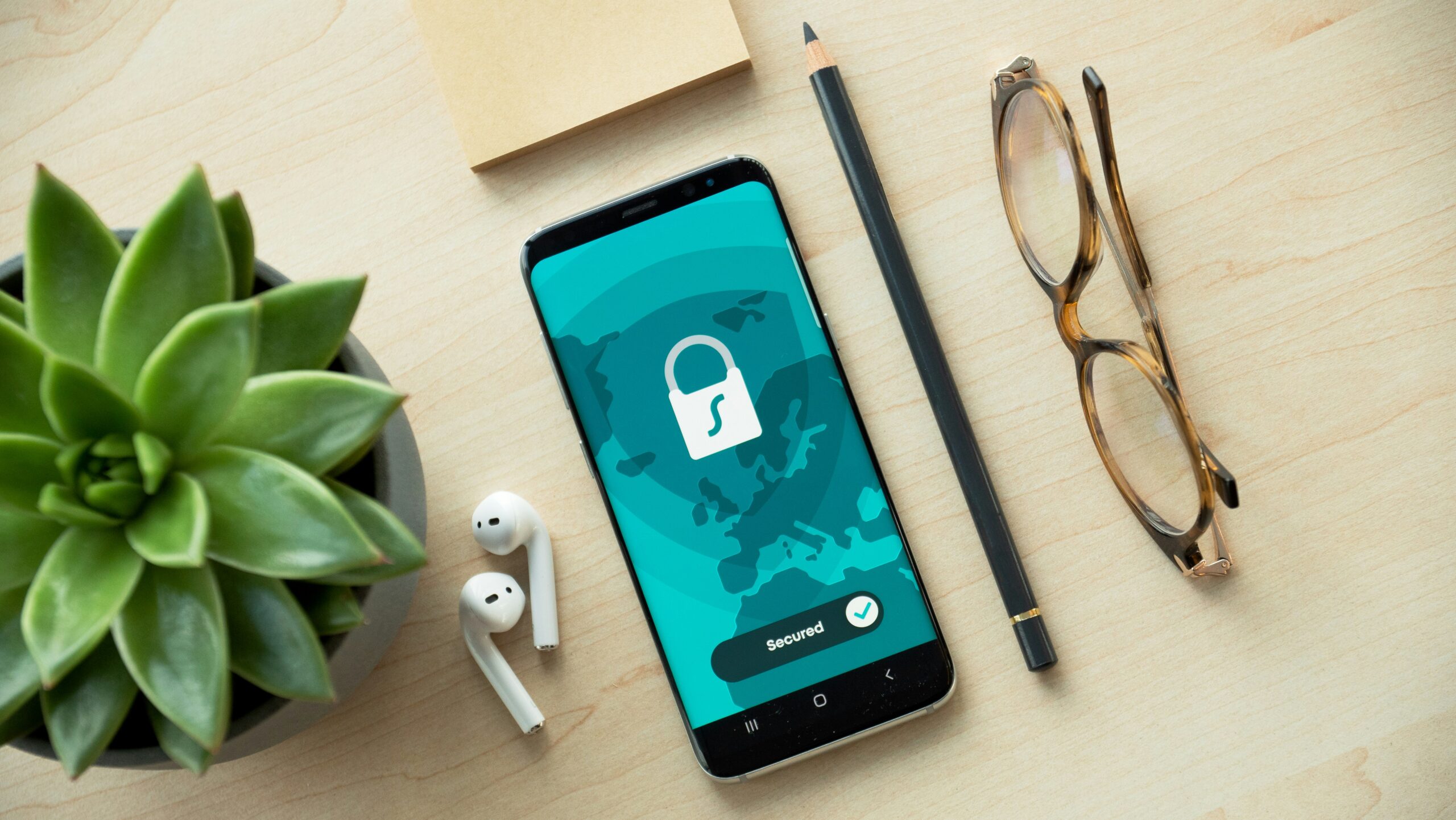Basics of Digital Privacy: Protecting Your Personal Information Online

Introduction
In today’s digital age, protecting your personal information online is more important than ever. With the increasing prevalence of cybercrime and data breaches, it’s crucial to take steps to safeguard your privacy and ensure the security of your personal data. This blog post will provide you with some basic tips and best practices for protecting your personal information online.
Use Strong and Unique Passwords
One of the simplest yet most effective ways to protect your personal information online is by using strong and unique passwords. Avoid using common passwords like “123456” or “password” and instead create complex passwords that include a combination of letters, numbers, and special characters. Additionally, it’s important to use different passwords for each of your online accounts. This way, even if one account is compromised, the others will remain secure.
Enable Two-Factor Authentication
Two-factor authentication adds an extra layer of security to your online accounts by requiring you to provide a second form of verification, such as a code sent to your mobile device, in addition to your password. This helps prevent unauthorized access even if your password is compromised. Many online services and platforms offer two-factor authentication as an option, so be sure to enable it whenever possible.
Be Cautious with Personal Information Sharing
When it comes to sharing personal information online, it’s important to be cautious. Avoid sharing sensitive information such as your full name, address, phone number, or financial details on public platforms or with unknown individuals. Be mindful of what you share on social media and adjust your privacy settings accordingly. Remember, once information is shared online, it can be difficult to completely remove it from the internet.
Keep Your Software and Devices Updated
Regularly updating your software and devices is essential for maintaining your digital privacy. Updates often include important security patches that address vulnerabilities and protect against potential threats. Enable automatic updates whenever possible, or regularly check for updates and install them promptly. This applies to your operating system, web browser, antivirus software, and any other applications you use.
Use Secure Wi-Fi Networks
When connecting to the internet, it’s important to use secure Wi-Fi networks. Avoid using public Wi-Fi networks, such as those found in coffee shops or airports, for sensitive activities like online banking or shopping. Public Wi-Fi networks are often unsecured, making it easier for hackers to intercept your data. Instead, use a trusted and secure network, such as your home Wi-Fi or a virtual private network (VPN) when accessing sensitive information online.
Be Wary of Phishing Attempts
Phishing is a common method used by cybercriminals to trick individuals into revealing their personal information, such as passwords or credit card details. Be wary of unsolicited emails, messages, or phone calls that request your personal information or urge you to click on suspicious links. Legitimate organizations will never ask for sensitive information through these channels. If in doubt, contact the organization directly through their official website or customer support.
Regularly Monitor Your Accounts
Regularly monitoring your online accounts is crucial for detecting any unauthorized activity or suspicious transactions. Check your bank statements, credit card statements, and other financial accounts regularly for any discrepancies. Set up alerts or notifications for any unusual activity. If you notice anything suspicious, report it to the relevant authorities or your financial institution immediately.
Conclusion
Protecting your personal information online is a responsibility that we all share in today’s digital world. By following these basic tips and best practices, you can significantly enhance your digital privacy and reduce the risk of falling victim to cybercrime. Remember, it’s important to stay vigilant and be proactive in safeguarding your personal data. Stay informed and continue to educate yourself about the latest threats and security measures to stay one step ahead.
Leave a Comment